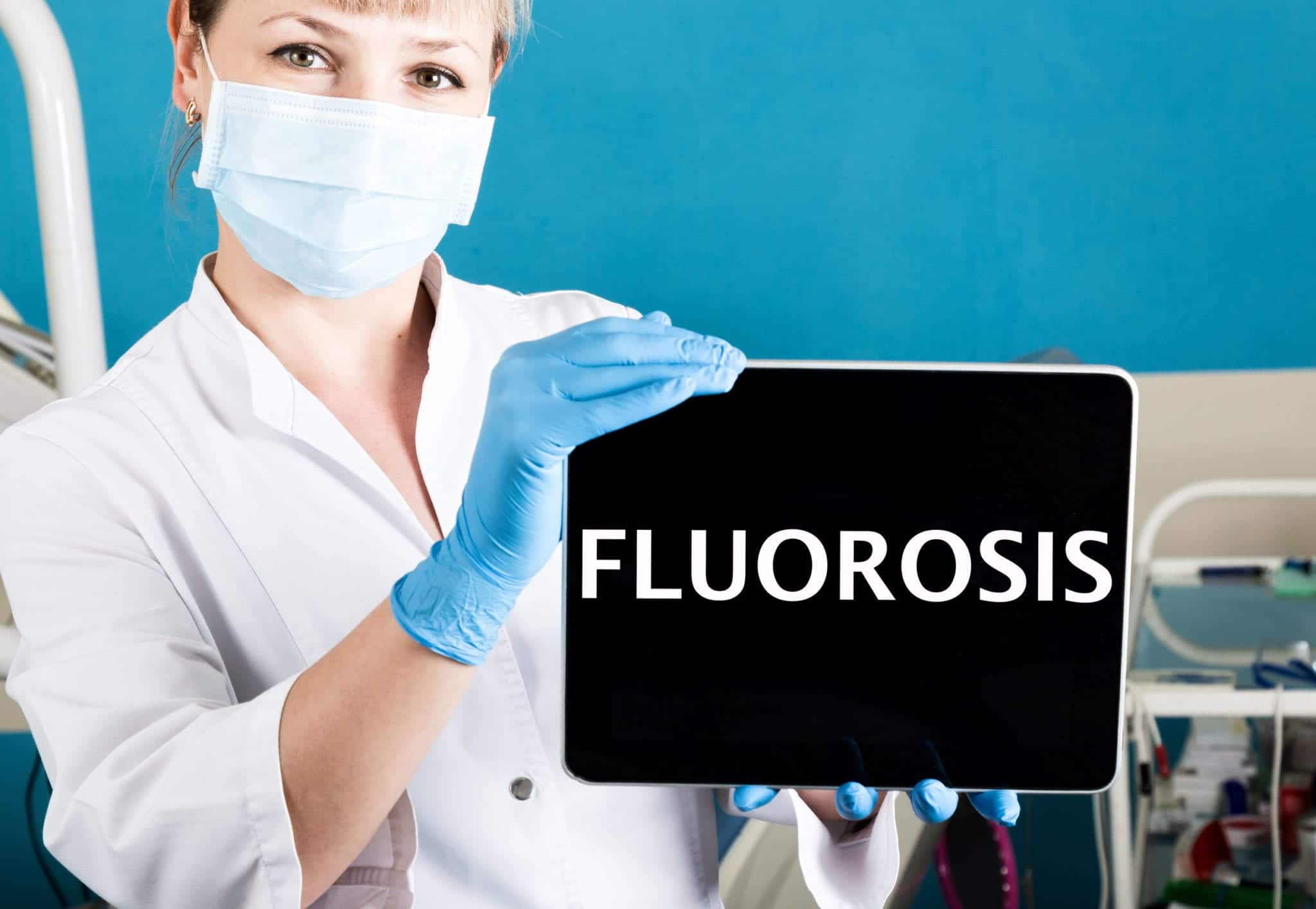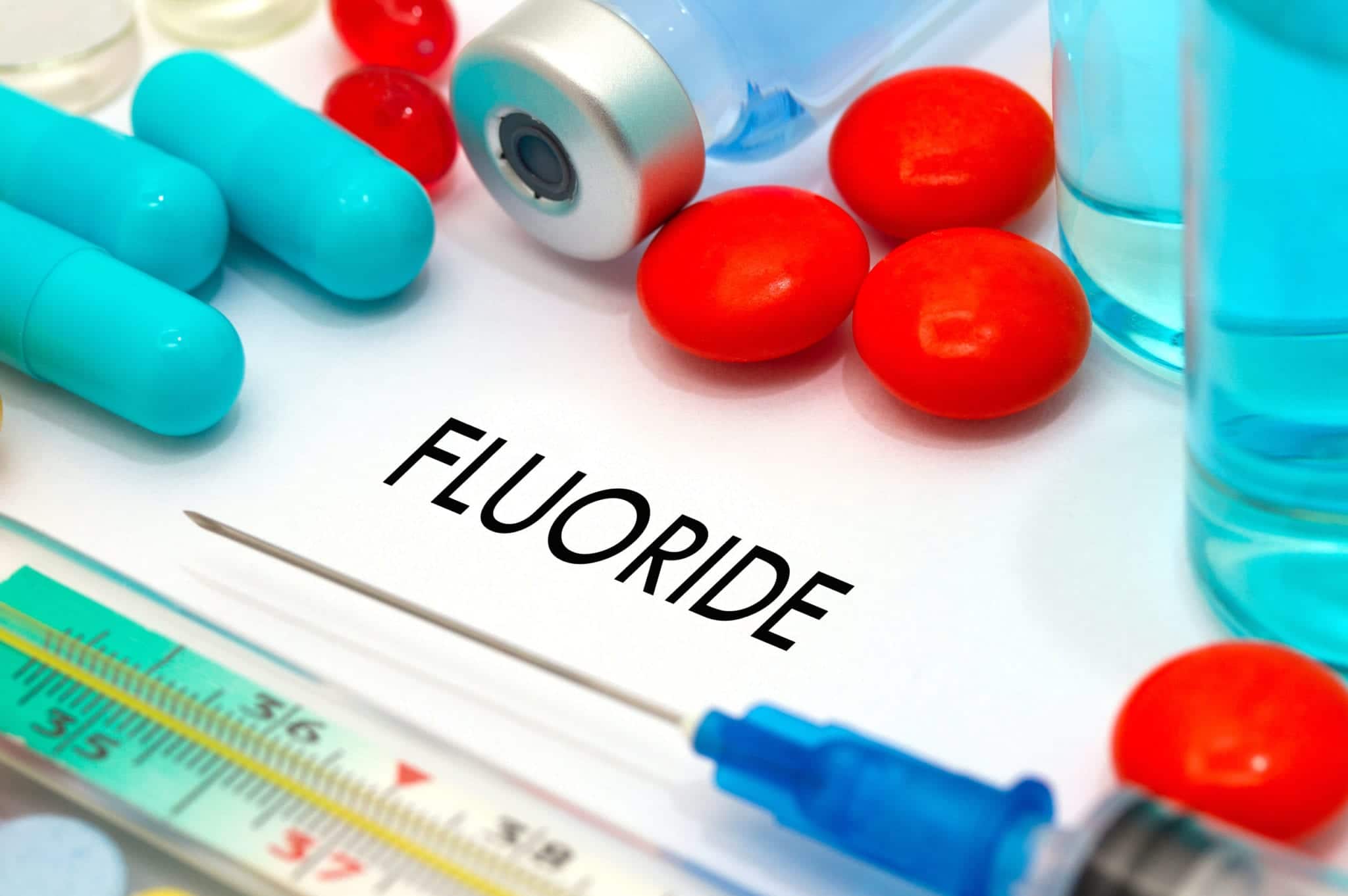
Do you have white spots on your teeth? We’ll describe what they are, why they develop, and how you can get rid of them with a dentist’s help.
Causes of White Spots
White spots occur for different reasons, including the following.
Dental fluorosis
If you consume too much fluoride, you can get white spots on your teeth. This commonly happens with children and tends to occur before teeth erupt.
Enamel hypoplasia
As with dental fluorosis, this normally occurs in children whose teeth are not fully developed. Enamel hypoplasia is best treated by a dentist because it can cause tooth decay.
Poor dental hygiene
People who do not regularly brush their teeth have an increased risk of white spots. This is especially true of those who have braces, which may have a harder time getting their teeth clean.
Unbalanced diet
Too many sugary or acidic foods can lead to white spots. A balanced diet can prevent white spots from forming.
Prevention for White Spots
If you brush twice per day and floss once per day, you have the best chance at preventing white spots. It’s also important to keep regular dental checkups to treat any problems.
Children are the most likely age group to develop white spots, especially before age 10. Parents need to encourage good dental care habits and inspect their children’s teeth for problems.
That being said, adults can get white spots as well – especially if they have adult braces. Here are several things you can do to prevent white spots from developing:
- Use fluoride-free water when mixing your baby’s formula.
- Limit the amount of toothpaste on your toothbrush to the size of a rice grain.
- Make sure you do not swallow toothpaste.
- Run a test to check for fluoride levels in your water if you are not connected with a municipal water supply.
- Make healthy food choices, including limiting sugary and acidic foods.
- Drink plain water throughout the day to keep harmful buildup off your teeth.
If you notice white spots, visit a dentist to rule out a higher risk for tooth decay.
Treatments for White Spots
Though most white spots are harmless, many people consider them unattractive and want them removed. Here are the most common ways your dentist can treat your white spots.
Teeth whitening
Your dentist can professionally whiten your teeth to make white spots less noticeable. Many teeth whitening options are available over the counter, but your dentist can use a stronger treatment that may produce better results.
Microabrasion
You may be eligible for this treatment, which removes a tiny amount of enamel to lessen the brightness of white spots. Your dentist may also bleach your teeth so that they all appear similar in color.
Veneers
A dental veneer is a thin coating the dentist adheres to your tooth to cover a white spot. They can be perfectly matched to the surrounding tooth color. Veneers require enamel removal and should be considered a permanent option.
Fluoride treatments

For people with enamel hypoplasia, the dentist may apply fluoride to the teeth to promote healthy enamel growth and prohibit tooth decay.
Composite Resin
Your dentist will apply composite resin to your teeth surfaces to fill in cavities and provide a uniform look. This treatment is ideal for people who have enamel hypoplasia.
Have more questions about white spots? Contact an experienced Florida dentist today.






